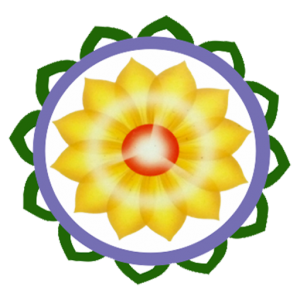Meditation is a practice where an individual uses a technique – such as mindfulness or focusing the mind on a particular object, thought or activity – to train attention and awareness, and achieve a mentally clear and emotionally calm and stable state.
to engage in contemplation or reflection He meditated long and hard before announcing his decision. to engage in mental exercise (such as concentration on one’s breathing or repetition of a mantra) for the purpose of reaching a heightened level of spiritual awareness
Definition – What does Meditation mean?
Meditation is the process of quieting the mind in order to spend time in thought for relaxation or religious/spiritual purposes. The goal is to attain an inner state of awareness and intensify personal and spiritual growth. In practice, meditation involves a concentrated focus on something such as a sound, image or feeling.
Meditation is also referred to as dhyana ( in Sanskrit.)
Achyutashrama explains Meditation
Meditation involves concentration and relaxation – both of which are enhanced by yoga. Just as there are many styles of yoga, so too are there a variety of ways to meditate. The first stage of meditation is to find a focal point or method of focusing in order to free oneself from distractions. Some methods of focusing include:
• Sound: Repeating a mantra, phrase or other sound.
• Visualizing: Picturing an object with eyes closed, such as a lotus flower or the energy points in the body (chakras).
• Gazing: Looking at an actual object with eyes open. Candles, flowers or pictures are common objects used in gazing.
• Breathing: Observing the breath and what it feels like – the sensations – as it travels in and out of the body.
Research has confirmed that physiological and psychological changes take place in the body during meditation. For example, studies show that people who are meditating perspire less, have a slower rate of respiration and demonstrate lower blood pressure than normal

 Namaskaram,
Thank you for connecting with us. We will respond to you shortly. more details direct use WhatsApp Number
Namaskaram,
Thank you for connecting with us. We will respond to you shortly. more details direct use WhatsApp Number